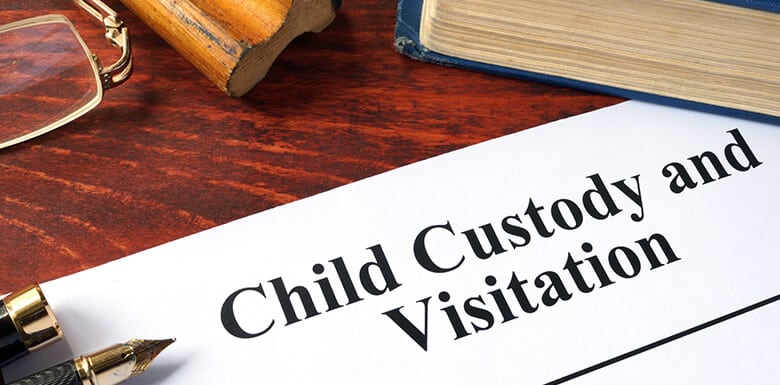We’re being asked a lot of questions about how COVID-19 affects child custody and visitation arrangements in North Carolina.
Every family situation is unique, but we can offer some insight into the most common challenges that families are experiencing right now. Of course, we have to give you the disclaimer that we are not offering legal advice about your particular situation, but rather giving you our perspective based on our experience practicing family law over the past twenty years.
If you wish to discuss your specific situation, call Breeden Law Office at (919) 661-4970 or send a message online.
Breeden Law’s Tips for Child Custody & Visitation in A Crisis
- If you have a custody order, generally speaking, both sides need to follow it. (If something about the situation makes you think that you might have an emergency, which usually means that the children are likely to be put in danger, consult a lawyer immediately for help in understanding your legal options. While the court system is not hearing many new cases, emergency custody orders are being heard as normal.)
- Take a long-term view of the entire situation. Your top priority is your children’s wellbeing, and your children will do best when they feel safe, loved, and normal. Do not involve them in conflict or speak badly of the other side in front of them. That’s good practice all of the time – not just in a pandemic.
- Think, breathe, and count to ten before responding to any communication from the other side that makes you anxious or upset, and use whatever method (text, email, parenting app) seems to minimize conflict if needed. Communication that creates a “paper trail” is often the best choice in high conflict situations.
- Offer grace to the other side as much as possible. Stress levels are high as financial strain, unemployment, the demands of work and school, and other issues combine to make tempers short and perspectives skewed. Do your best not to allow children to be caught up in adult problems.
- Consider the legitimate issues that arise from the nature of coronavirus. Each household has to assess its exposure and its risk-based on its most vulnerable member, and COVID-19 appears to be spread by infected people who are not showing symptoms. Early data indicates that children are especially likely to carry and spread the virus without showing symptoms, so both households must be especially careful when there is a vulnerable or high-risk member in either home.
- If your work puts you at increased risk for exposure to the virus, work together with the other side to determine how you can best maintain your relationship with the children. Consider FaceTime, Zoom meetings, phone calls, and letters as possible means of staying in touch between visits.
- Put your own oxygen mask on first. Take a walk outside, use the free stress relief app Calm on your smartphone, play with your dog, try “Yoga with Adriene” (free on YouTube), and/or make a teletherapy appointment with a mental health counselor to reduce your own stress level. All of these are proven strategies for taking care of yourself during this anxiety-producing time, and taking care of yourself will make you better able to parent effectively.
Contact Attorney Breeden for Questions
While many North Carolina Courts are currently only open for emergency orders, there is a lot Breeden Law Office can do, so the unprecedented events of COVID-19 do not negatively impact your family’s legal issue. Conferences and negotiations can take place over the phone, by video, and many court filings can be done by mail or in person at the courthouses.
Let us answer your legal questions and walk your family through what’s next. Call (919) 661-4970 or contact us online. We are also accepting new clients, performing multiple consultations daily, and are available during normal hours.
